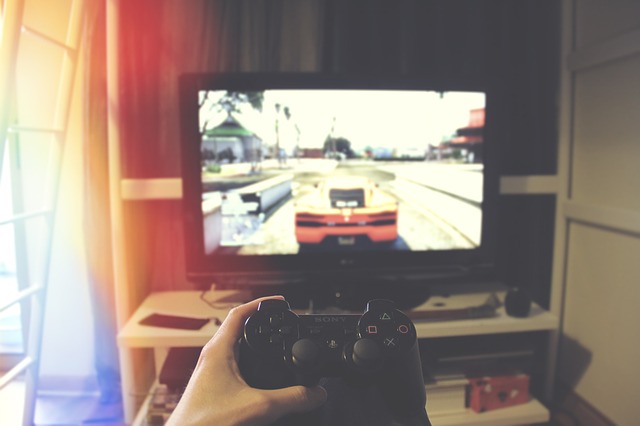Those born before the 1990s know and fondly remember childhood games that are quite different from those. Those who belong to this generation will surely remember such childhood games as sugar coffee lemonade, hide-and-seek, dodgeball, playing policeman, and playing thief. It was also one of the classic childhood pastimes, such as gum-playing and poppycock. However, today\’s children are completely unfamiliar with such games and spend most of their childhood in front of the computer. Is this unfortunate, or is this a way for young children to develop their skills? If they spend too much time at the computer, they are forgoing exercise in the fresh air.
This can lead to childhood obesity, poor physical fitness, and a weakened immune system. It is also likely to lead to visual impairment from looking at the monitor for long periods of time. On the other hand, some games can train perception and logical thinking. Recently, shooting games in which the objective is to defeat as many enemies as possible have become popular. According to various studies, such games may influence children\’s behavior, for example, they may suffer from aggression toward their peers.
Furthermore, computer games are becoming increasingly realistic. Children can feel as if they are in the game, not only through the computer screen, but also, for example, through the use of 3D glasses. This makes it difficult for children to distinguish what is real and what is not. This may lead them to use violence to resolve conflicts at school or in society. It is generally recommended that children be given games that will help them in some way, such as improving their logical thinking or developing their reading skills. There are also apps that teach them to play musical notes or instruments or to learn languages. Such games and apps are undoubtedly beneficial. However, parents should make sure their children get enough exercise. It is not a bad idea to have them play sports to compensate for the time they spend on computers and tablets at school and at home.